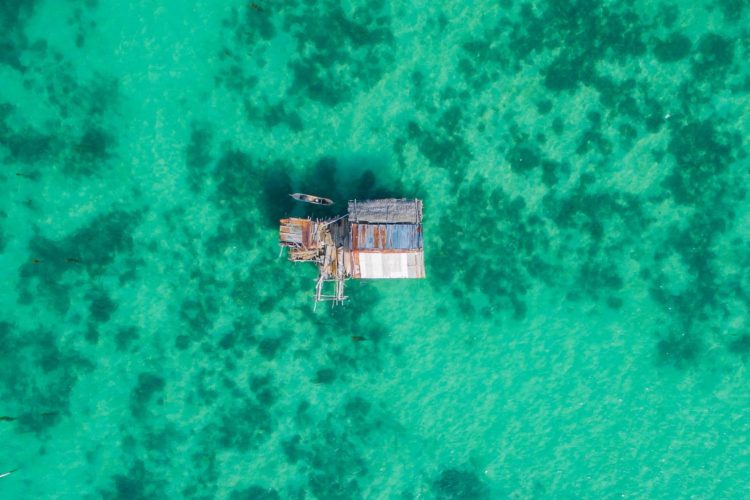via The Lowy Institute, 19 July 2024: Southeast Asia’s sea nomads, including the Moken, Bajau, and Orang Laut, face an uncertain future due to climate change, overfishing, and unsupportive government policies. These communities, vital for ocean conservation, risk losing their traditional way of life and cultural heritage. Coordinated regional efforts are essential to preserve their unique maritime existence and environmental knowledge.
Taking this a step further, the countries of Southeast Asia could consider designating a transboundary protected area encompassing the traditional territories of sea nomad groups. This would be a long-term initiative, requiring careful planning and negotiation, and addressing the concerns of all stakeholders, including the sea nomads themselves.
Concurrently, individual countries could also explore co-management plans, where they partner with sea nomads in managing these areas. These plans require buy-in from all parties involved and need to be sensitive to the unique cultures and traditions of the sea nomads. By pursuing both approaches together, a far more comprehensive solution can be reached.
Crucially, such plans should prioritise supporting the sea nomads’ way of life, rather than imposing land-based assimilation. Innovative solutions such as floating schools and mobile health clinics can serve nomadic communities while respecting their traditional way of life. They can ensure educational equity for children without forcing them to abandon their deep connection to the sea. Similarly, mobile clinics can bring vital healthcare services directly to these communities, addressing their specific needs within their familiar environment.
Source: The uncertain future for Southeast Asia’s great sea nomads | Lowy Institute

























